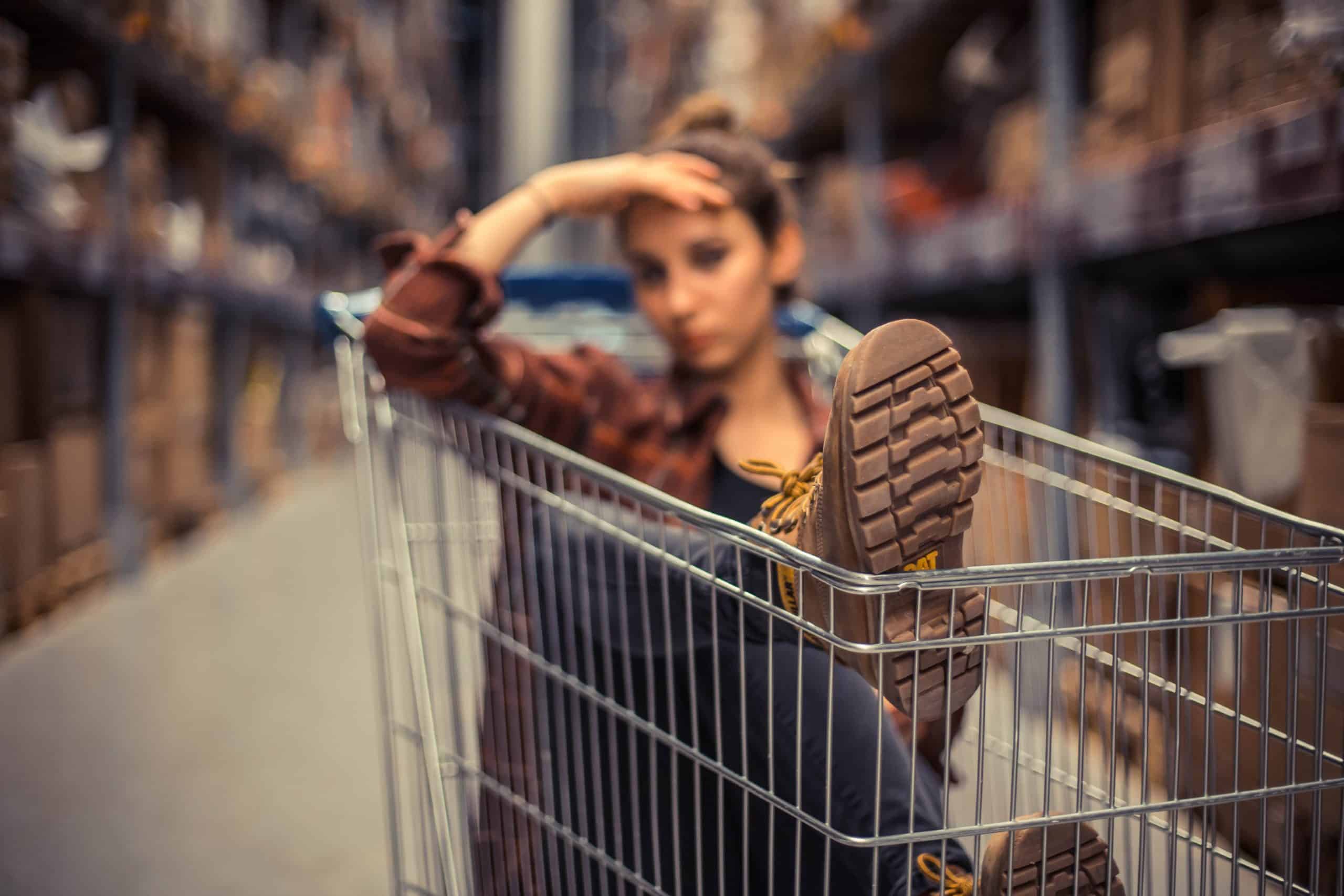The coronavirus pandemic has sent the economy into recession due to decreased demand and greater uncertainty. A growing number of American companies, including JCPenney, J.Crew, and Hertz, have filed for bankruptcy. Millions of Americans have filed for unemployment. Economic sectors ranging from retail and travel to construction and auto have all been hit hard. Financial difficulties and emotional stress burden many unemployed Americans today. The pause in demand that caused this unemployment, however, can be an opportunity for us to examine how our consumption habits can have unintended adverse effects, especially on the environment. Rather than just going back to how things were, we can use this break from our habits of spending to be more intentional about caring for the environment.
Take the travel industry for example. Thousands who had been employed by airlines and hotels are now out of work. Travelers (consumers), through their spending, supported the wages of all these employees. Thus, we may think of traveling as a good, and in one sense, we travelers helped these employees earn a living. But we often do not consider the environmental cost of traveling. Carbon emissions from the modes of transport, the extra construction needed to support tourism infrastructure, and the trash generated from tourism can all be considered the price the environment pays for the travel industry.
Furthermore, as jobs are automated, fewer people are employed by the industry while the consumption of resources remains at the same level, if not a higher one. Thus, we can ask whether supporting the travel industry through the consumption of its services is worth the environmental damage. We can ask the same question about retail, construction, auto, and all other industries that use natural resources and contribute to environmental damage.
We should examine whether the two goods that come from consumption, namely job creation and personal satisfaction, can be achieved through other means. First, let us consider the social good that consumption creates in providing others with a livelihood. What if, instead of spending $50 on a pair of jeans from JC Penny, you bought an eco-friendly item, such as a painting from a local artist. Or perhaps you could donate the $50 to your neighborhood’s tree planting program that employs a few workers to plant trees. Your money still goes to support the livelihood of another, but drastically reduces the environmental impact of the transaction. Certainly, buying a pair of jeans can be a necessity and cannot be avoided in certain instances, but most Americans have overflowing closets and do not need more clothes.
Secondly, we spend money on things that make us happy. Of course, poorer people spend most of their money on things that they need to live. But for most of us, the cult of consumerism has blurred the lines between needs and wants such that nearly everything might be justified as a necessity today.
Let us go back to the example of travel. If you saved $500 from a flight ticket that you did not buy, but still want to keep the money in circulation for the sake of the economy, could you do something with that $500 that gives you the same amount of joy as traveling, but without the carbon footprint?
Perhaps, you would be willing to buy pricier food from local farmers? Or you could use the money saved to purchase more expensive electricity generated from renewable sources? As for the joy of traveling itself, you could meet new people in your own city or visit local parks and museums more often. None of these is a perfect substitute for the actual experience of travel, but maybe the experience of the pandemic has taught us that we are capable of reducing our demand for travel.
If we are to create a new, environmentally-sustainable economy, we need to pursue complementary approaches to changing our habits of consumption. We need to reconsider what matters for a meaningful life. Do endless shopping sprees really make life better? Does traveling really widen our horizons, especially when it rarely includes meaningful interaction with locals in their daily lives? Could we relax and refresh ourselves by going camping at a nearby state or national park?
Many of these alternatives would lead to aggregate changes that would benefit the environment. On a transcendental level, we can seek and find beauty, goodness, and truth without consuming goods that damage the environment. We can create jobs that help us tread lightly on this earth. These jobs are in community gardens, local breweries, bicycle tour companies, neighborhood sports leagues, art, and the like. Our post-COVID economy could sustain jobs for all while being conscious of our environmental footprint.
Of course, I am not suggesting that we go back to living like cave people. Modern conveniences do make life better (or save lives in some instances). But we should make a distinction between wants and needs, and at some point, after our basic needs have been met, we should examine our consumption choices. As a whole economy, we also have to ask whether unbridled consumption is the only way to create jobs and to make life meaningful.
—
Photo by Şahin Yeşilyaprak on Unsplash

